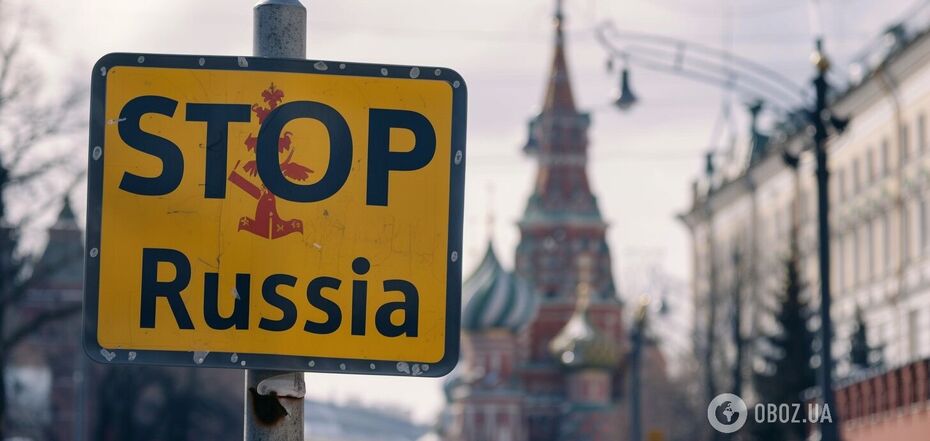News
EU plans to expand sanctions against Russia: which institutions will be affected this time
The EU is planning to strengthen sanctions against financial institutions that support the supply of military products to Russia, in particular through Southeast Asia. The purpose of these sanctions is to make the Russian military machine less effective and more expensive by stopping access to dual-use goods.
Reuters reports that the sanctions target banks and other institutions involved in financing transactions related to the transit and supply of dual-use goods.
Since Russia's full-scale invasion of Ukraine in February 2022, the EU has been actively implementing sanctions aimed at weakening Russia's economy and military capabilities. The sanctions cover various sectors, including energy, technology exports, financial transactions, and a ban on imports of Russian goods.
However, as the EU sanctions representative David O'Sullivan noted, sanctions are not a "magic bullet" that will instantly stop the aggression. Their main goal is to make Russia's military actions more difficult, less effective, and expensive, which, in turn, will affect its ability to continue its aggressive policy.
Recently, the EU has been particularly focused on identifying and shutting down financial institutions that finance the supply of military products to Russia. According to O'Sullivan, if banks or other financial institutions are found to be involved in financing arms supplies, they will be given a choice: either to stop cooperating with their Russian partners or to face sanctions. This approach is already proving successful, particularly in the United States, where such measures have already proven effective.
Financial institutions that facilitate the transportation of military or dual-use goods face new risks. The expansion of sanctions means that the EU plans to make such activities even less attractive for companies that may try to circumvent restrictions. As a result, financial institutions around the world, especially those operating in Southeast Asia, will be forced to review their operations.
While the EU has been able to significantly reduce the supply of goods to Russia through Central Asian countries such as Kazakhstan, Uzbekistan, and Armenia, the Southeast Asian region remains a major obstacle. Countries in this region are not just transit points for goods but are also major producers of products that can be used for military purposes. Much of the goods that go to Russia through China are produced at the enterprises of Western companies in Southeast Asia. O'Sullivan, in particular, drew attention to countries such as Vietnam, Thailand, and Malaysia, where negotiations are underway with local authorities to address these issues.
The problem is that some of these companies are trying to avoid sanctions by using complex supply chains. According to O'Sullivan, an important step for the EU is to establish closer cooperation with Southeast Asian countries to cut off the supply of military goods to Moscow.
One of the biggest internal problems for the EU is the harmonization of sanctions packages in all 27 member states of the bloc. Each country has its national mechanisms for implementing sanctions, which creates certain difficulties in achieving full unity and effectiveness of restrictive measures. However, according to O'Sullivan, this process is active, and the bloc is gradually finding ways to increase the effectiveness of sanctions pressure.
Only verified information is available on our Telegram channel OBOZ.UA and in Viber. Do not fall for fakes!



























